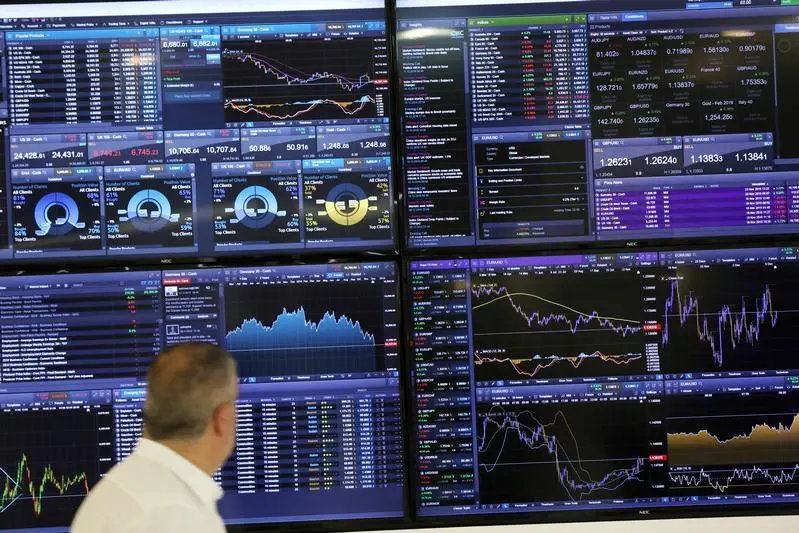PHOTO
(The author is a Reuters Breakingviews columnist. The opinions expressed are her own.)
LONDON - GlaxoSmithKline’s breakup fix is exposing its longer-term ailments. The $89 billion drug group is pushing ahead with a plan to spin off its consumer business. But slow growth and Covid-19 woes are weighing on its core pharmaceutical division. Chief Executive Emma Walmsley’s willingness to sacrifice the dividend creates some wiggle room.
Walmsley is halfway through one of the more complex restructurings in recent UK corporate history. In December 2018 she announced plans to separate the unit that makes consumer treatments such as Aquafresh toothpaste from GSK’s core pharmaceutical division in 2022, and merge it with a Pfizer business. The hope was to create two focused companies, and boost shareholder value. Yet since then GSK shares have fallen 14%.
The pandemic hasn’t helped. GSK has been a laggard in getting Covid-19 vaccines approved. And the rush to vaccinate the world means that people take fewer inoculations for other diseases between doses, crimping demand for GSK’s products, like its blockbuster shingles remedy Shingrix. Drug sales have also been affected as people avoided the doctor. Revenue only grew 1% in 2020.
The challenges may not end soon. Covid-19 variants mean the coronavirus hit may endure. The bigger problem is that GSK’s core pharma business is suffering from a weak pipeline of new drugs and rising competition. Take the HIV business, which made up 30% of 2020 sales. One of Walmsley’s potential blockbusters is a treatment that needs only to be taken once a month, called Cabenuva. However, rival Gilead Sciences is working on similar products that could erode its edge.
The challenges are reflected in GSK’s valuation. Its vaccine, pharmaceutical and consumer divisions could in aggregate be worth 130 billion pounds, according to a Breakingviews sum of the parts calculation that values each one on 15, 10 and 14 times Berenberg’s 2021 EBITDA forecasts respectively. Adjust for debt and minorities, and GSK's equity should be worth around 103 billion pounds, 49% above the current market capitalisation.
Breathing life into the stock requires more investment and possibly acquisitions. The snag is that GSK’s debt will already exceed 2 times EBITDA this year. Walmsley has said that the dividend, which in 2020 was equivalent to around 70% of net income, will come down next year. That helped send the stock down over 4% on Wednesday. However, freeing up cash for investment makes sense. The challenge will be using it wisely.
CONTEXT NEWS
- British drugmaker GlaxoSmithKline on Feb. 3 said turnover for the fourth quarter of 2020 fell 2% year-on-year to 8.74 billion pounds.
- The Brentford-based company said its pharmaceutical and vaccines business will see flat to low single-digit percent growth in 2021, while the consumer drugs unit will grow in the low to mid-single digit percent range.
- GSK plans to spin off its consumer drugs division in 2022. The group said that its dividend for 2021 would be unchanged at 80 pence per share, while the payout in 2022 would in aggregate be lower.
- Shares in GSK fell 4% to 13.13 pounds by 1120 GMT on Feb. 3.
(The author is a Reuters Breakingviews columnist. The opinions expressed are her own.)
(Editing by Neil Unmack and Karen Kwok) ((Aimee.Donnellan@thomsonreuters.com; Reuters Messaging: Aimee.Donnellan.thomsonreuters.com@reuters.net))





















